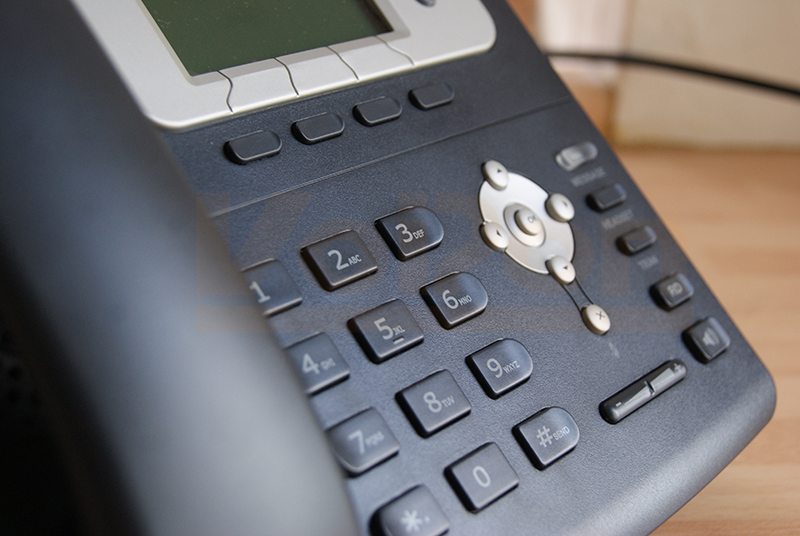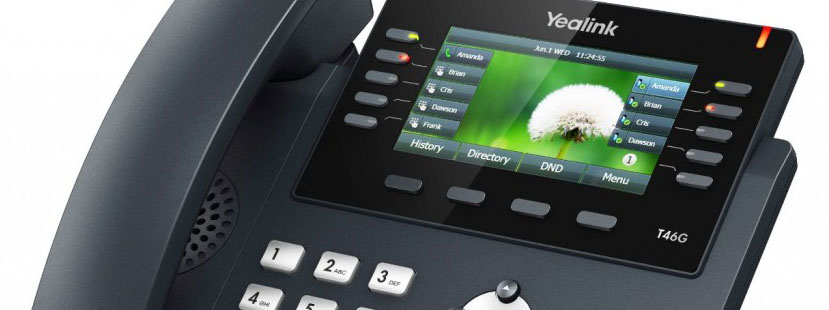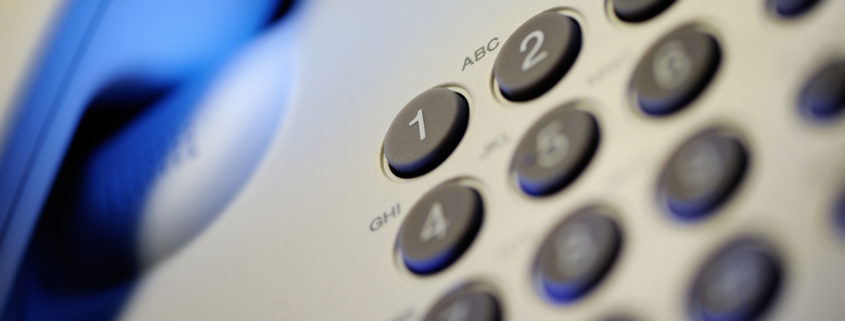Part 1, By John Onorato
Do you need content created for your website? ✅
Do you yearn to be an author?
Do you seek to make your content relatable and understandable? 😍
We can all write, sure. It doesn’t take any special training to help others understand our thoughts and feelings. Words are available to everyone!
We can all create a “first draft” of material we want to communicate. Some of us can do that faster than the next person.
Here’s the thing, though. If a person doesn’t have a real affinity for writing, if they don’t really enjoy it, then they’ll rush their work. They won’t take their time with it. They won’t read it out loud just to see how it sounds, and how it comes across.
And in circumstances like these, quality suffers.
When writing quality suffers, your message suffers as well.
Let that sink in. In fact, let me say it again: When writing quality is poor, your message suffers.

Tell me, what is the point of having content on your site, with your name on it, that people can’t understand? Or even relate to?
Perhaps more meaningfully, what does poor writing like that say about a company? What does that say about a leader’s thought process?
Clearly, it’s best to leave writing — especially mission-critical writing — to the professionals. 👍
Ghostwriters to the Rescue!
If you want to write a book, but don’t have the time …
If you want content on your website, but only have a few ideas …
If you want to improve the way you or your company is perceived …
If you want quality communications coming from your office …
Then you are not alone! More and more business owners, entrepreneurs, and industry professionals want to write books and put quality content on their websites, just like you do.

This is where the ghostwriter comes in.
But what is a ghostwriter, anyway?
A “byline” is the attribution given to a written work. Typically, it names the author of the book, article, or other piece of writing. This article was written by me, so I put my byline under the title.
A ghostwriter is simply someone that writes under someone else’s byline.
That is, the ghostwriter creates the piece, and someone else gets credit for it.
Many famous books have been written by ghostwriters. To name a few:
- Many of the popular Goosebumps books (by R.L. Stine) were ghostwritten after the series got too popular to keep up with demand
- The Jason Bourne series, started by Robert Ludlum, was continued by Eric von Lustbader after Ludlum’s death in 2001
- Ian Fleming started the series, yet many of the James Bond books were ghostwritten
Politicians also use ghostwriters. Hillary Clinton, Ronald Reagan, Sarah Palin and Donald Trump’s books were created this way.
And industry leaders use ghostwriters. Billionaire Richard Branson wrote a book this way, as did Chrysler CEO Lee Iacocca, Starbucks CEO Howard Schultz, and Wal-Mart founder Sam Walton.
In fact, many of the books I read and treasured as a child, I am only now discovering were ghostwritten!

- My father read me the Hardy Boys detective series, by Franklin W. Dixon. Ghostwritten!
- The Nancy Drew series was written by Carolyn Keene, yet that name is a nom de plume (pen name) for a larger collective of writers
- Even Victor Appleton didn’t write all the “Tom Swift, Boy Inventor” books that I loved so much!
If so many famous people benefitted from employing a ghostwriter … shouldn’t you do that as well?
Yes, But Why Would You Do This?
Sure, ghostwriters create famous books. They also write blog entries, white papers, social media posts, magazine advertorials, and even newspaper articles.
Ghostwriters are often part of a corporate team. They create lots of content using the byline of an executive, or maybe under no name at all. Alternatively, a ghostwriter may work freelance, working on only one or two projects at a time.
Many people want the acclaim and accolades that come with being a published author. Having a book or two under your belt makes you seem credible, trustworthy and reliable.
It’s also worth mentioning that books and blog posts can grow your business. Especially if you’ve got a personal brand, a well-written book attributed to you is worth a lot of street cred.
And a freelance ghostwriter like myself can create content for your small business, helping you get more customers and driving more traffic to your website. Or even to your fancy new brick-and-mortar store! (Or your old store. We don’t discriminate 😁 )
Isn’t it better to focus on growing your business?
Isn’t it better to concentrate on what you already know, rather than trying to master yet another new skill?

People who are busy changing the world don’t have time to write. People who don’t have the skill or the time to write quality content have an alternative: They hire ghostwriters.
Conclusion
Ghostwriters are an incredible resource to tap into. They can position you and your business well — creating content, managing blogs, and generally making it seem like you are superhuman.
I can see your readers now: “They’re changing the world and they have time to write this fabulous content? Wow! I wanna know more!”
In my next post, I’ll talk about how to hire a ghostwriter. (Hint: it’s as easy as clicking the Contact link above! 😁 ❤ 🙏 ) And we’ll talk about some things to consider when hiring a ghostwriter, as well as how to prepare for hiring one.
Hiring a ghostwriter might not be the first thing you think of. But when you do, the results can be downright mystical.
Mystical, get it? Because ghosts. 👻 (Did I mention I’m a father? I sure do love me some dad jokes.)





